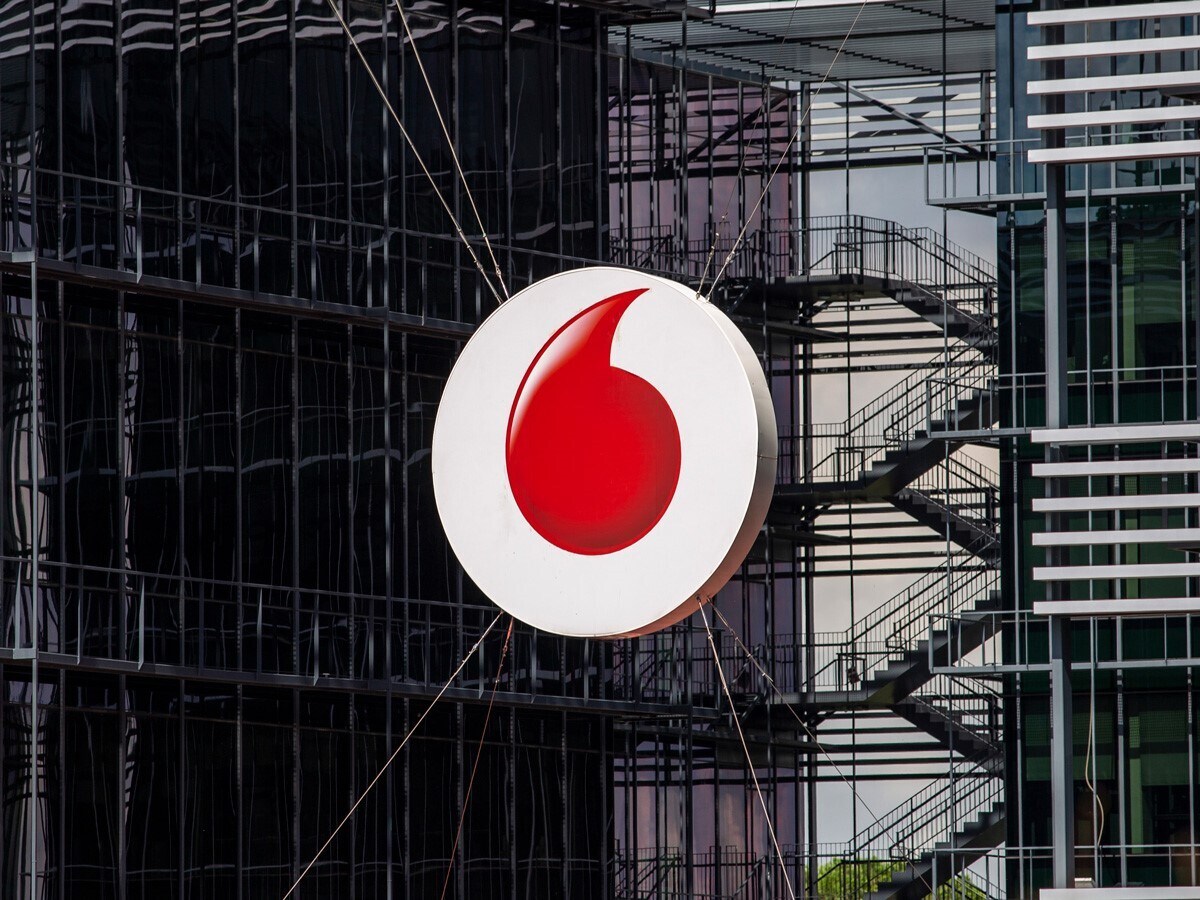Vodafone [VOD] reported a bounce back to positive revenue growth the last time it updated the market. This will have pleased shareholders who in recent years have seen the company increase its debt burden to compete in Europe’s sprawling telecommunications market.
Analysts also seem bullish on the stock, although whether Vodafone’s share price can hit price targets forecasting double-digit growth over the next 12 months remains to be seen. The stock has performed well so far this year, boosted by solid earnings. However, managing debt and consolidation in Europe are notable challenges to the investment case.
Return to growth boosts Vodafone’s share price
Vodafone’s share price has fallen 2.6% over the past month, closing Friday 1 April at 126.4p. However, since a selloff in early March, the stock has managed to recover much of the lost ground. Year-to-date the stock is up 12.6%, outperforming both the FTSE 100 and other telcos such as AT&T [T], which is down 3.94% since the start of the year.
Boosting investor sentiment were third-quarter results that delivered total service revenue of €9.37bn, a 0.4% increase in organic growth. One highlight was Germany, where service revenue grew 1% compared to the previous quarter’s 0.1% decline. Chief executive Nick Read noted that the company had seen another quarter of record data traffic due to Covid-19 lockdowns. Revenue for the three months to 31 December was €11.2bn.
Vodafone reaffirmed its guidance of between €14.4bn and €14.6bn for the full year with at least €5bn in free cash flow.
“I am pleased the group returned to service revenue growth in the third quarter as a result of the continued commercial momentum across our business, including our largest market Germany,” Read said.
Europe a challenge for Vodafone
To help it compete in Europe’s telecommunications market Vodafone purchased Liberty Global operations in Germany, Hungary, Romania and the Czech Republic for an eye-watering €19bn in 2019.
Writing for the Motley Fool, Rupert Hargreaves notes that the transaction loaded Vodafone with debt that management has been trying to get under control by “selling off assets and cutting costs”. Hargreaves adds that rising interest rates will add to the cost of maintaining this debt, but “profit growth should help Vodafone reduce its debt and invest in network growth”.
A related challenge is pressure from activist investors for Vodafone to get rid of underperforming business units across Europe. In January Bloomberg reported that activist investing firm Cevian Capital AB had a stake in Vodafone. The firm had reportedly been pushing Vodafone to improve performance.
Following the Bloomberg report, Morgan Stanley analyst Emmet Kelly said that the stock’s valuation and European consolidation in the telco space could make Vodafone attractive to activist investors. Kelley has a 185p price target to go with his ‘overweight’ rating.
In February Vodafone rejected an €11bn bid for its Italian business from rival Iliad and private equity fund Apax. The offer represented seven times the company’s EBITDA. Vodafone said that the deal was not in the interest of the shareholders. Vodafone makes up 24% of the Italian market compared to Iliad’s 10%.
“Vodafone continues to pragmatically pursue several value accretive in-market consolidation opportunities to deliver sustainable market structures in its major European markets, including Italy,” Vodafone said.
Analyst views on Vodafone
Analysts still seem positive on Vodafone’s potential, even if some have tweaked their price targets. At the start of April, Deutsche Bank analyst Robert Grindle lowered his price target on Vodafone to 225p from 230p and kept his ‘buy’ rating on the stock. Barclays’ Maurice Patrick trimmed his price target to 155p from 165p, sticking with an ‘overweight’ rating.
Vodafone trades at a 15x price-to-earnings ratio, comparable with Telefónica [TEF] and lower than Telstra’s [TLS.AX] 22.73; US rival AT&T has a forward price-to-earnings ratio of 7.69. For income seekers, the stock carries a 5.99% dividend yield, although as Hargreaves points out, Vodafone has in the past cut this to pay down its debt pile.
Of 24 analysts polled by Refiniv, 21 have either an ‘outperform’ or ‘buy’ rating on the stock. The 21 analysts offering 12-month price targets have a median 163.54p target, suggesting a 29.4% upside on Friday’s close. The most bullish price target is 228.45p, while the lowest is 108.75p.
Disclaimer Past performance is not a reliable indicator of future results.
CMC Markets is an execution-only service provider. The material (whether or not it states any opinions) is for general information purposes only, and does not take into account your personal circumstances or objectives. Nothing in this material is (or should be considered to be) financial, investment or other advice on which reliance should be placed. No opinion given in the material constitutes a recommendation by CMC Markets or the author that any particular investment, security, transaction or investment strategy is suitable for any specific person.
The material has not been prepared in accordance with legal requirements designed to promote the independence of investment research. Although we are not specifically prevented from dealing before providing this material, we do not seek to take advantage of the material prior to its dissemination.
CMC Markets does not endorse or offer opinion on the trading strategies used by the author. Their trading strategies do not guarantee any return and CMC Markets shall not be held responsible for any loss that you may incur, either directly or indirectly, arising from any investment based on any information contained herein.
*Tax treatment depends on individual circumstances and can change or may differ in a jurisdiction other than the UK.
Continue reading for FREE
- Includes free newsletter updates, unsubscribe anytime. Privacy policy





